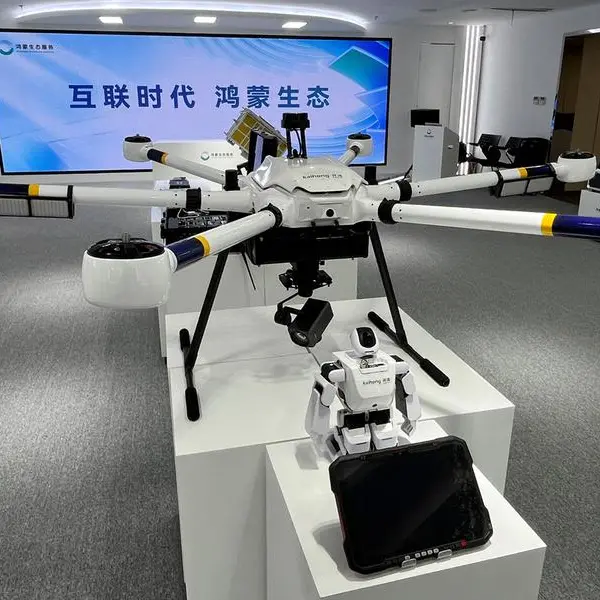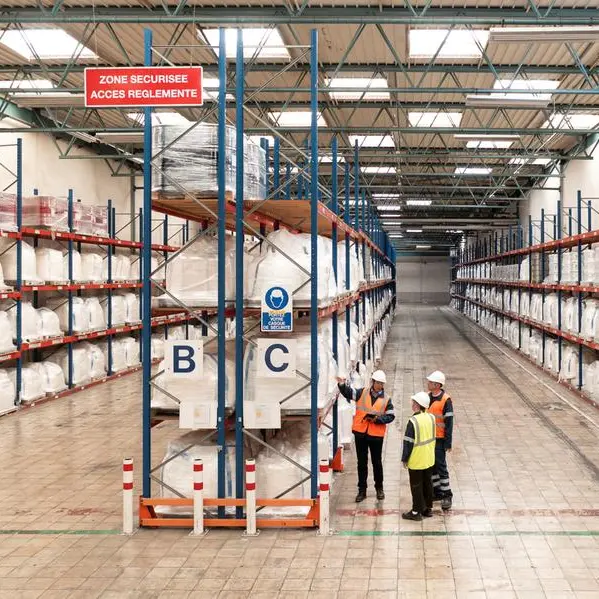PHOTO
AI and trading have a rich history that predates the rise of OpenAI. Today, OpenAI's AI language model has gained immense popularity, propelling discussions surrounding its rapid advancement into the realm of financial trading.
The utilization of AI in financial trading has already transformed the industry in numerous ways, leveraging cutting-edge technologies such as machine learning, natural language processing, and deep learning. These powerful tools enable the analysis of vast amounts of financial data, facilitating real-time decision-making and predictions within trading environments.
Even traders who haven't personally employed AI applications, are familiar with its impact or have heard of others who have. Algorithmic trading, for instance, involves the use of computer algorithms and Expert Advisors (EAs) to automatically execute trades based on predefined rules and market conditions. While EAs may not be strictly considered AI, they often incorporate AI techniques such as machine learning or neural networks.
AI can be a complementary tool to assist with investment decisions, but it should not be the sole factor in making such decisions. AI algorithms can analyze large amounts of data and identify patterns or trends that human analysts may miss. However, AI's judgment is limited by the quality of the data and the algorithms, which may not consider all relevant factors or unforeseen events that could impact investment performances.
AI algorithms lack a human's common sense and are unable to respond to abrupt market changes such as a market crash or price volatility that may not have been included in their programming. Therefore, investors should use AI algorithms as one of several tools to support their investment decisions, along with expert analysis, economic indicators and their own judgement.
While AI is not perfect, it can help us make more informed investment decisions, leading to more significant returns over time.
One of the most significant advantages of using AI for investing is its ability to make decisions based purely on data without emotions. Unlike human investors, algorithms are not swayed by greed, fear or sentiment. They can make rational decisions based on analysis and predictions, leading to more objective investment decisions free from any external or internal biases.
AI can process vast amounts of data in a short time, allowing investors to analyze numerous financial indicators and make faster investment decisions. This efficiency can result in more significant returns on investments, and with lower fees due to automation, allowing investors to maximize profits while keeping costs down.
AI can consistently perform at the same level without being influenced by biases or external factors, leading to more predictable and dependable investment returns. It can maintain portfolios, track changes in the market, and respond to sudden shifts much faster and more precisely, which results in a more consistent performance compared to a human investor.
Although algorithms can be effective tools in managing investments, investors should not rely only on them as they cannot capture the nuances of the market. Investors should rather use AI as an additional aid to their decision-making, combining the objective analysis provided by algorithms with the strategic acumen and critical thinking of human investors.
Although algorithms can optimize investment decisions based on the data fed into them, they may not have a deep understanding of the broader market dynamics or fluctuations. Consequently, these algorithms may make decisions based exclusively on past trends, which can cause inaccurate predictions.
One of the benefits of AI is that it is emotionless, but being incapable of emotional judgement can also be a disadvantage. Algorithms cannot adjust their strategies based on current world events and emotions as easily as humans, which can result in a lack of flexibility, missed opportunities and compromised returns.
Sooner or later the lack of regulation for AI might lead to unfavorable scenarios of market manipulation especially in the financial industry. Implementing appropriate regulations and oversight to mitigate risks and ensure the responsible use of AI in financial trading will become a necessity but the timeline on when these rules will be in place is still unclear. Regulatory bodies must define the parameters and ensure compliance with laws related to data privacy, security, and trader protection.
The future of AI in financial trading holds promise, with the potential to enhance efficiency and accuracy in decision-making. However, to fully unlock this potential, challenges must be addressed. Relinquishing full control to machines without any supervision in making every trading decision seems highly unlikely, but we need to acknowledge that AI will undoubtedly continue to play an increasingly vital role in the future of financial trading.
Jeetu Kataria is CEO, DIFX Technology
Copyright © 2022 Khaleej Times. All Rights Reserved. Provided by SyndiGate Media Inc. (Syndigate.info).





















